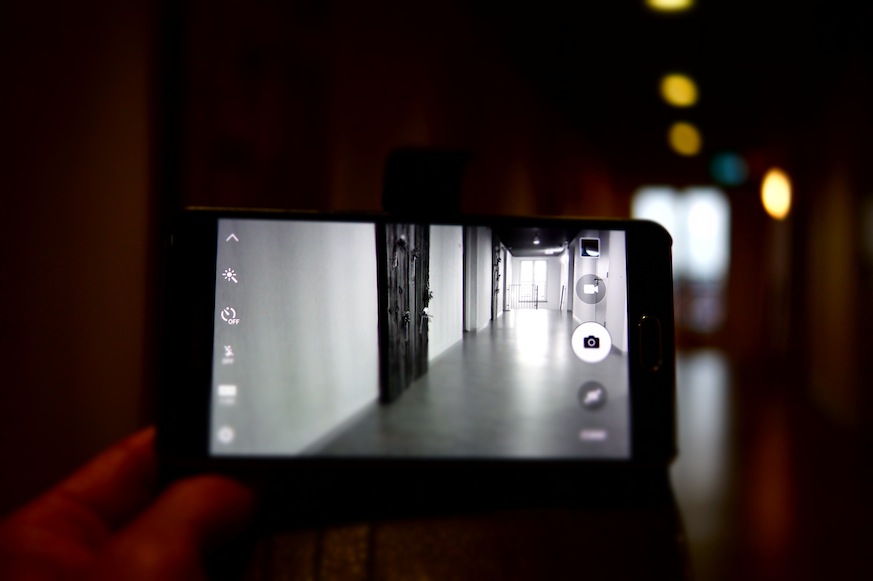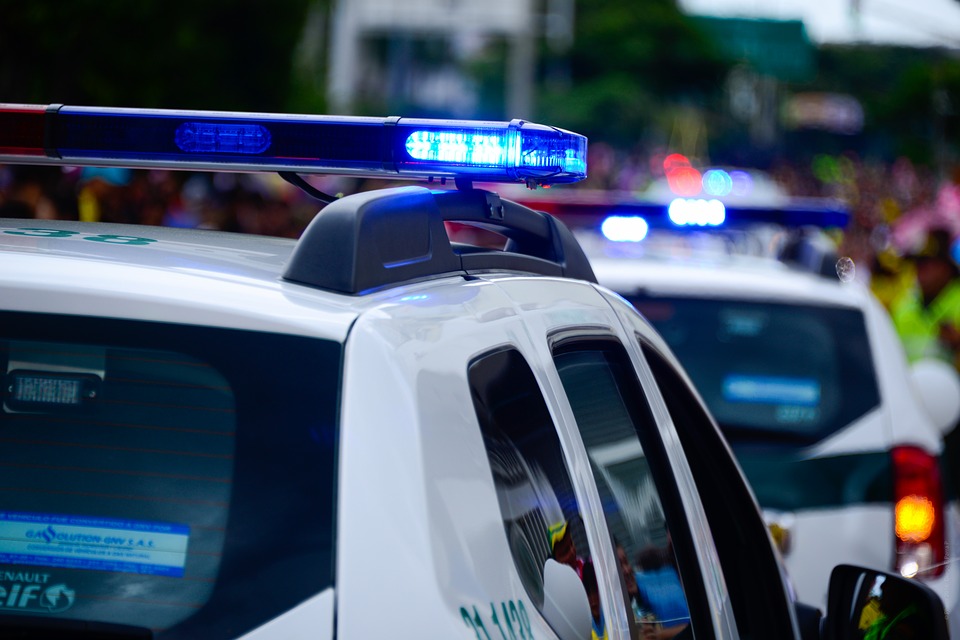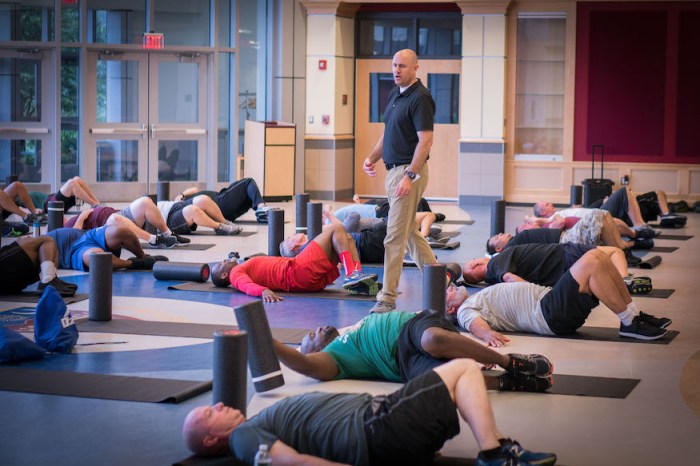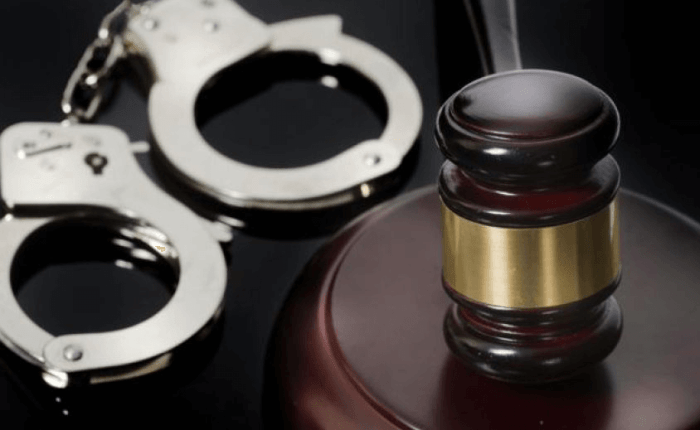In this modern age, viral videos are the surest way to get attention to an issue, whether it’s of a regular citizen calling the police on a black person, or of the police themselves using excessive force or behaving in a way you want the world to know about. But can you record the police in Massachusetts, whether a video or just audio?
Recording laws vary across the United States, and Massachusetts is one of 11 two-party consent states. That means that you need the consent of both, or all, of the parties involved in a conversation in order to lawfully record the conversation, whether in person or on the phone.
This is also referred to as the Massachusetts wiretap law. It makes it illegal to secretly record conversations in Massachusetts, so you should inform people when you are recording. Unless, the Digital Media Law Project notes, “It is absolutely clear to everyone involved that you are recording (i.e. the recording is not ‘secret’).”
Sometimes it’s obvious when people are video recording something, and most people record the police by holding their phones up, but not always.
The Massachusetts wiretap law still applies to secret video recordings in which audio is captured. In 2007, an activist was convicted of violating the Massachusetts wiretap law when he recorded a Boston University police sergeant during a protest in 2006. Pete Lowney’s attorneys argued that there was nothing secretive about the recording — Lowney was videotaping the protest when an officer ordered him to stop. The officer said he didn’t want to be taped, according to the Daily Free Press, and then Lowney put the camera in his pocket; the officer thought it was off, but it was not.
But, a 2011 case turns that precedent on its head. In 2011, the U.S. Court of Appeals for the First Circuit issued an opinion saying that, according to DMLP, “recording police activity in public is independently protected by the First Amendment, and that it is unconstitutional for the state to prosecute those recording the police in public under Massachusetts’s wiretapping law; this ruling might protect secret as well as open recordings.” That ruling was for the case of Glik v. Cunniffe, in which Simon Glik was arrested in 2007 for recording on his cell phone three police officers arresting someone on Boston Common.
So, can you record the police in Massachusetts?

It’s back a back-and-forth battle to clarify if you can record the police in Massachusetts, but the American Civil Liberties Union of Massachusetts is a driving force in favor of recording police.
The ACLUM in June of 2016 filed a federal lawsuit defending the right to record the police on behalf of yet another case involving two civil rights activists and the Boston Police Department and District Attorney for Suffolk County.
Martin v. Evans has to do with Eric Martin and Réné Pérez who both have “substantial histories of recording the police,” per court documents, but they will not secretly record the police due to fear of arrest and prosecution under the Massachusetts wiretap law.
They believe that the ability to record the police in secret, however, would protect their safety as well as more accurately document police behavior. Their lawyers note that “as the City of Boston has acknowledged, its ‘police officers have no expectation of privacy when performing their job in public.’”
However, Boston Police Department Commissioner William Evans and Suffolk DA Dan Conley disagreed, and they filed a motion to dismiss the case on March 15, 2017.
What is the ACLUM doing so you can record the police in Massachusetts?
In March 2017, a United States District Court of Massachusetts judge denied that motion to dismiss the case, ruling that the “right to record” suit against Evans and Conley can continue.
“This ruling is a step towards greater police accountability and towards the safe, effective exercise of the right to record the police,” ACLUM staff attorney Jessie Rossman said in a statement. “It ensures that our clients will move forward with their challenge to vindicate their First Amendment right to record police officers in the performance of their public duties.”
And now, the nonprofit is continuing with that case. On July 19, the ACLUM appeared before the U.S. District Court of Massachusetts to defend the right to record police officers performing their duties in public.
The ACLUM filed two briefs the week of July 9 asking that the federal district court of Massachusetts allow people to record the police by asserting that it is unconstitutional to enforce the Massachusetts wiretap law against people who secretly record the police in the public performance of their duties.



















